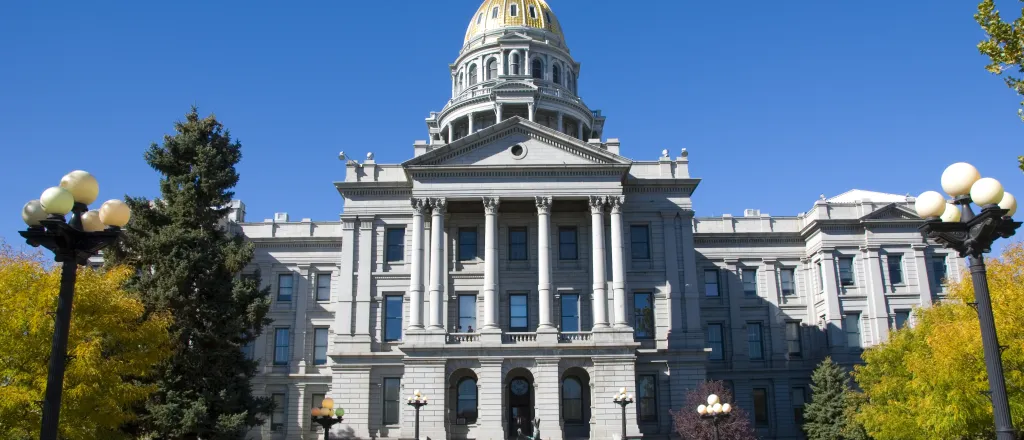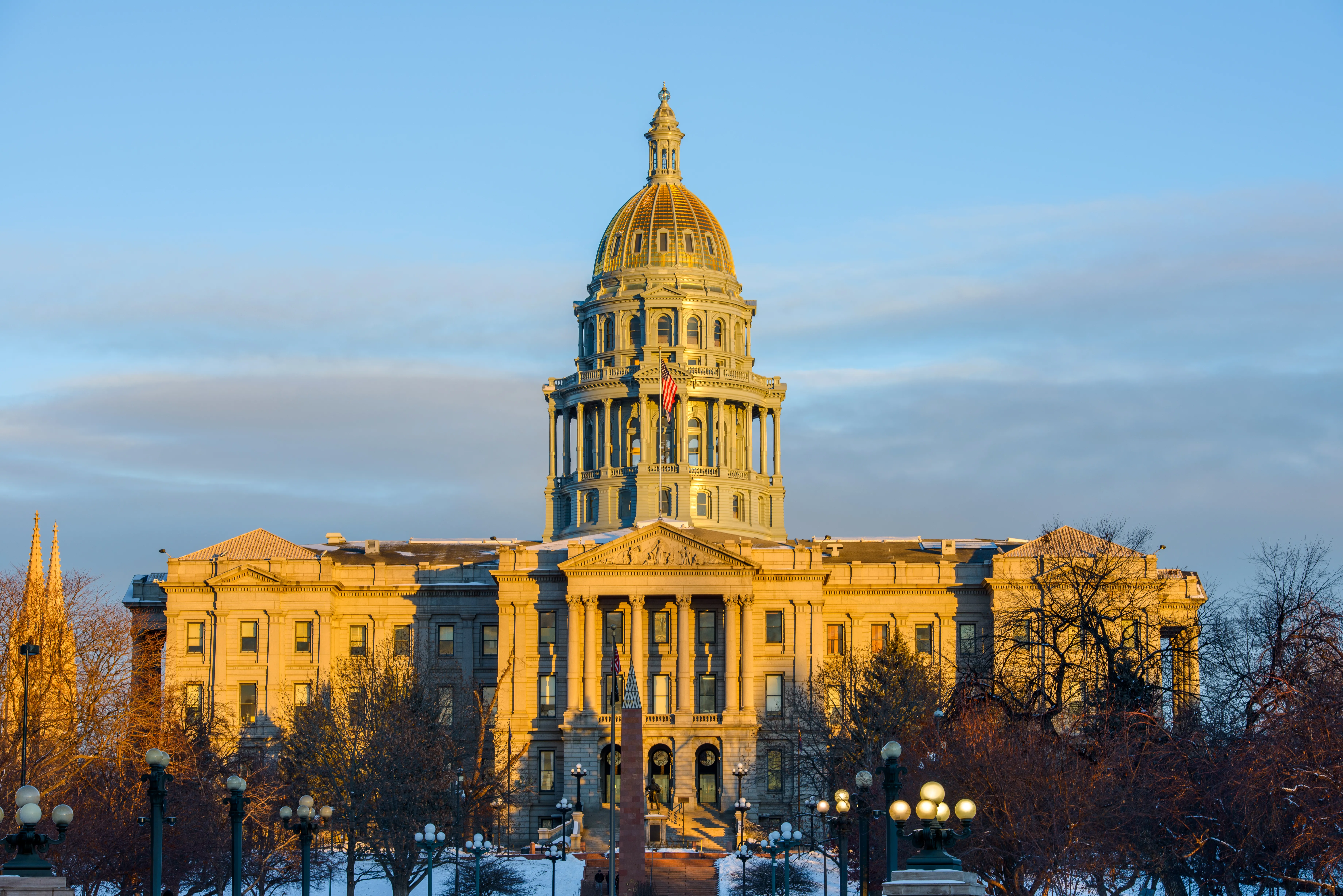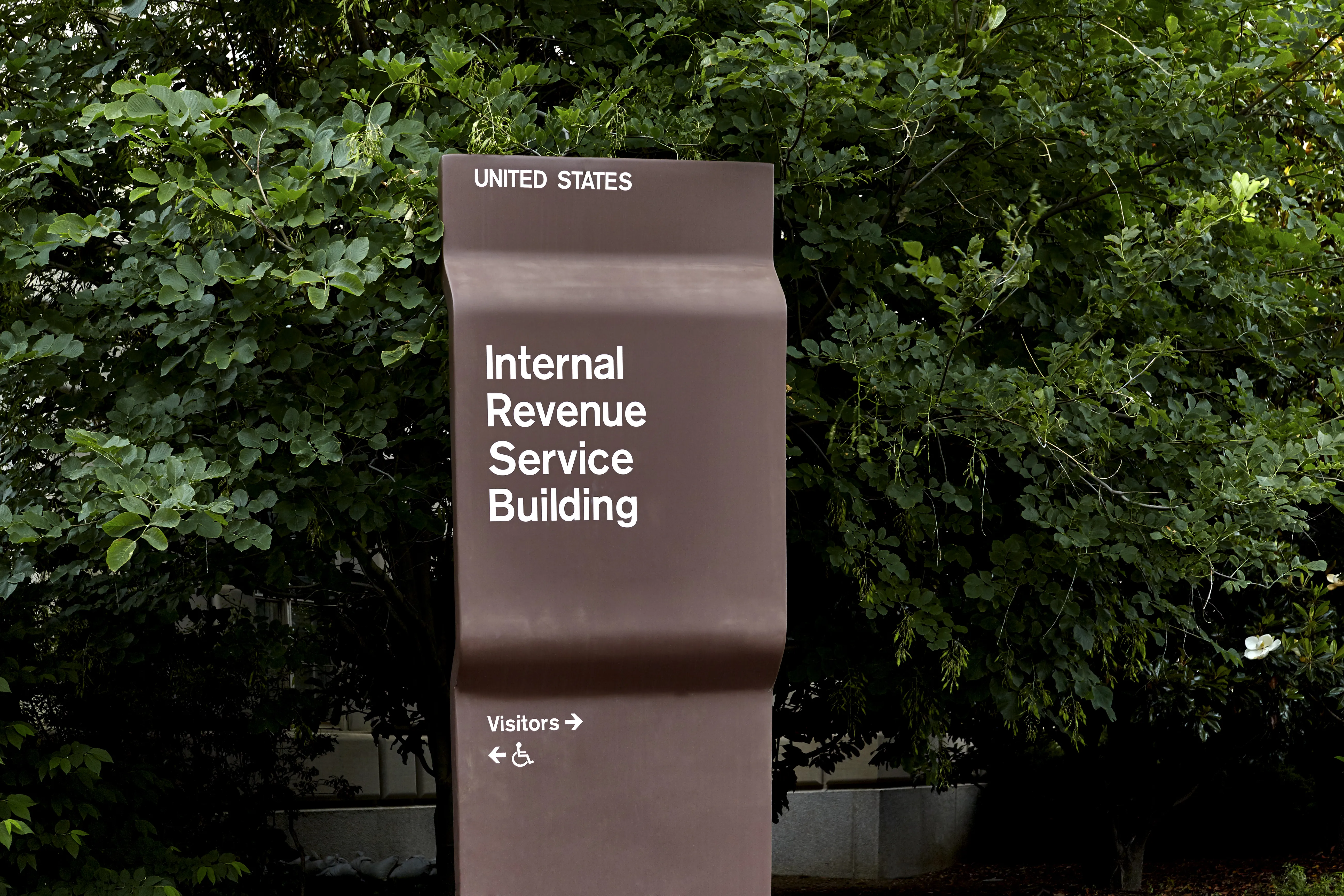
Mark Hillman’s Capitol Review: State government hasn’t earned our trust for Prop CC
Colorado Capitol Building Denver © iStock - kuosumo
Colorado voters will soon be asked to approve Proposition CC, an innocent-sounding ballot measure asking us to “just trust” state government to spend our tax dollars without limitation.
Prop CC reads like a greeting card, not a serious question: “Without raising taxes and to better fund public schools, higher education, and roads, bridges and transit, within a balanced budget, may the state keep and spend all the revenue it annually collects after June 30, 2019, but is not currently allowed to keep and spend . . .?”
That makes it sounds like money is falling from the sky, but state officials can’t spend it.
False.
Colorado state government will spend about $31 billion this year – $15,000 for every household in the state. Less than half of that money is subject to the TABOR spending limit that Prop CC would eliminate forever.
TABOR stands for Taxpayers Bill of Rights, a provision in Colorado’s constitution that limits how much government spending can increase each year and requires a public vote on new taxes. TABOR allows government spending to grow but not faster than the population and inflation.
Since the last recession, TABOR has allowed government budgets to rebound to pre-recession levels. In those 10 years, the state budget has grown from $19.9 billion to $30.9 billion or 55%. During that same time, our state’s population has grown by just 15% and inflation has increased prices by 23%.
In the next few years, if the economy continues to grow, the state may be required to refund a very small portion (about 1% of the total budget) back to taxpayers.
TABOR does allow the legislature to ask voters’ permission to keep that money. However, Prop CC is a one-time ask that, if approved, means politicians never need to ask again.
So, while making promises to spend the money on popular programs, sponsors hope voters don’t notice that, if they say yes, they will never get to vote to limit government spending again.
That’s a bad deal for hard-working Coloradans who pay the bill for government.
Lawmakers made this promise once before. In 2005, they asked for a limited, 5-year timeout from the TABOR limit and a permanent change to allow spending to rebound after a recession. They promised to spend the money on education and health care.
But after that measure passed, spending on education and health care actually grew less thaneverything else in the budget.
Prop CC is far worse because it’s not merely a 5-year timeout. It’s forever.
Backers of Prop CC tell us they still won’t raise taxes without voter approval, but that’s only when they’re honest enough to call a tax a “tax.”
After the 2005 change to TABOR, politicians found a deceptive way to raise taxes without voter approval by calling taxes “fees.”
They created an $800 million hospital “fee” – a tax that you pay anytime a family member is hospitalized. But unlike a legitimate tax which shows up on your receipt, politicians prohibited hospitals from itemizing this fee on your bill, so you never know what it cost.
Legislators also created two new “fees” that we all must pay to renew our vehicle license plates every year, costing Coloradans about $250 million a year.
Last year, lawmakers tried to impose a $1 billion payroll “fee” on all wages and salaries. This fee would have deducted 1% of our wages for a new government program. For someone making $30,000 a year, that’s $300 a year. Sponsors of that bill have vowed to finish the job in 2020.
That’s potentially $2 billion a year that Coloradans could pay for hidden taxes passed by lawmakers who use a sneaky legal loophole to avoid asking permission to raise our taxes.
With this track record of backdoor tax increases, why would we remove one of the last remaining limits on government’s ability to tax and spend?


















